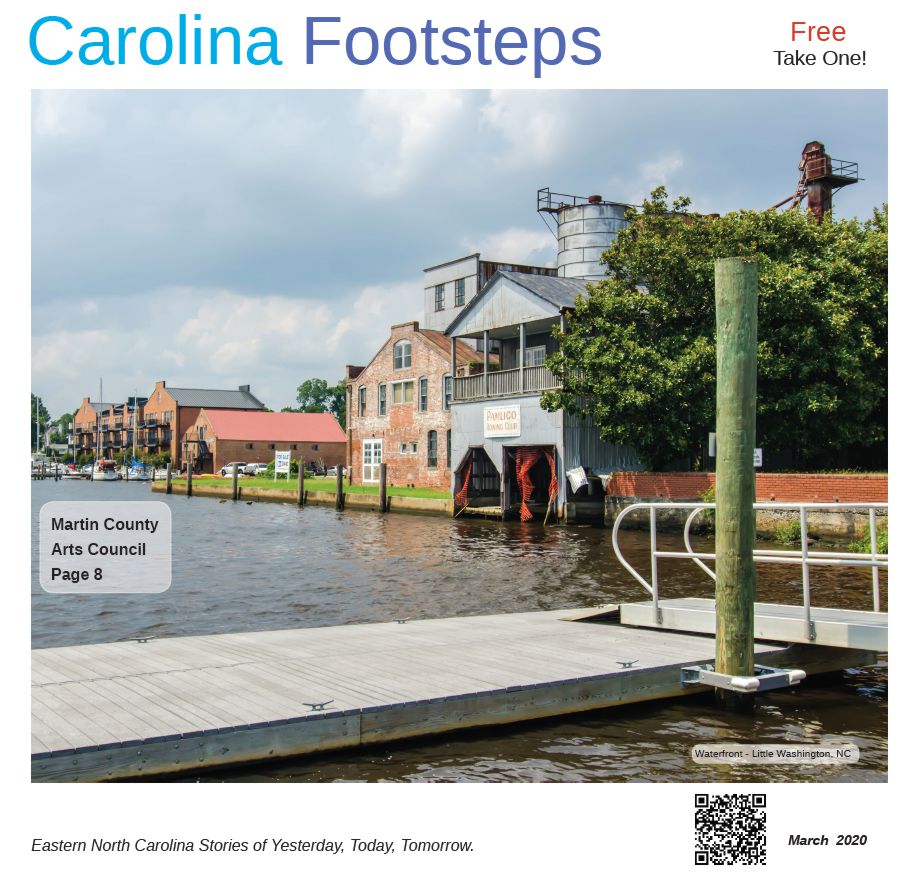For decades, the law in this state concerning possession of firearms by people convicted of felonies was murky at best.
A felon who completed his probation/parole could possess a long gun anywhere, and a handgun only on his own property. However, this conflicted with federal law, which prohibited a felon from possessing any firearm. The federal law was rarely enforced at the state level, and even then it was used against people who committed a new, serious crime like bank robbery. The state legislature changed the state law to conform with the federal law, so that no one with a felony conviction could have a firearm. This poorly publicized change in the state law caught many people unaware.
Suddenly, people with a 30 year old felony were being arrested while out hunting, and charged with the major felony of Possession of Firearm by Felon, which carries mandatory prison time. The public outcry led our legislature to create two ways to provide relief to people who had a single lapse in judgment years ago, but have abided by the law ever since.
The first way is to have the conviction expunged. An expungement is available for people who have committed a low-level felony (class H or I), such as breaking or entering or larceny. Generally, the applicant has to have a single felony conviction, with no subsequent convictions (other than a traffic conviction) for 15 years since he completed his probation/parole. The motion has to be filed in the NC court where the conviction occurred. He also has to demonstrate good character. If granted, an expungement wipes the conviction from the public records. In fact, the statute goes on to say that the person may thereafter deny that they were convicted, or even arrested, without fear of prosecution. Because an expungement has the effect of restoring the person to his pre-conviction status, he may again possess a firearm.
The second way is to petition for restoration of firearms rights. This method leaves the felony conviction in place, but allows the person to regain his rights to a firearm. The advantage of this method is that it allows for restoration of rights even to those convicted of more serious offenses (Class D felonies and below), and it can include an out-of-state conviction. Generally, an applicant has to have had a single felony conviction, had no subsequent offenses, and been of good character for 20 years following the restoration of their other civil rights. (In NC, this would be the completion
of probation/parole. Other jurisdictions define restoration of rights differently.)
Under either method, the felony has to have been non-violent, and not involved an assault or the use of a weapon. The felony generally cannot be a sex crime. The person cannot be under a domestic violence protective order. They have to have demonstrated good character for the required time period. It is important to note that the judge is not required to grant relief in either case. The statutes say the judge “may” grant the relief if the court finds that the criteria have been met, so it is important to present the case to the court in the most favorable light. No judge is going to grant the motion if he/she has any idea that the applicant will be back in court on another charge in the future.
A felon who completed his probation/parole could possess a long gun anywhere, and a handgun only on his own property. However, this conflicted with federal law, which prohibited a felon from possessing any firearm. The federal law was rarely enforced at the state level, and even then it was used against people who committed a new, serious crime like bank robbery. The state legislature changed the state law to conform with the federal law, so that no one with a felony conviction could have a firearm. This poorly publicized change in the state law caught many people unaware.
Suddenly, people with a 30 year old felony were being arrested while out hunting, and charged with the major felony of Possession of Firearm by Felon, which carries mandatory prison time. The public outcry led our legislature to create two ways to provide relief to people who had a single lapse in judgment years ago, but have abided by the law ever since.
The first way is to have the conviction expunged. An expungement is available for people who have committed a low-level felony (class H or I), such as breaking or entering or larceny. Generally, the applicant has to have a single felony conviction, with no subsequent convictions (other than a traffic conviction) for 15 years since he completed his probation/parole. The motion has to be filed in the NC court where the conviction occurred. He also has to demonstrate good character. If granted, an expungement wipes the conviction from the public records. In fact, the statute goes on to say that the person may thereafter deny that they were convicted, or even arrested, without fear of prosecution. Because an expungement has the effect of restoring the person to his pre-conviction status, he may again possess a firearm.
The second way is to petition for restoration of firearms rights. This method leaves the felony conviction in place, but allows the person to regain his rights to a firearm. The advantage of this method is that it allows for restoration of rights even to those convicted of more serious offenses (Class D felonies and below), and it can include an out-of-state conviction. Generally, an applicant has to have had a single felony conviction, had no subsequent offenses, and been of good character for 20 years following the restoration of their other civil rights. (In NC, this would be the completion
of probation/parole. Other jurisdictions define restoration of rights differently.)
Under either method, the felony has to have been non-violent, and not involved an assault or the use of a weapon. The felony generally cannot be a sex crime. The person cannot be under a domestic violence protective order. They have to have demonstrated good character for the required time period. It is important to note that the judge is not required to grant relief in either case. The statutes say the judge “may” grant the relief if the court finds that the criteria have been met, so it is important to present the case to the court in the most favorable light. No judge is going to grant the motion if he/she has any idea that the applicant will be back in court on another charge in the future.
Possession of firearms by people convicted of felonies -- by Joe Forbes
 Reviewed by kensunm
on
7:30:00 PM
Rating:
Reviewed by kensunm
on
7:30:00 PM
Rating:
 Reviewed by kensunm
on
7:30:00 PM
Rating:
Reviewed by kensunm
on
7:30:00 PM
Rating:







No comments: